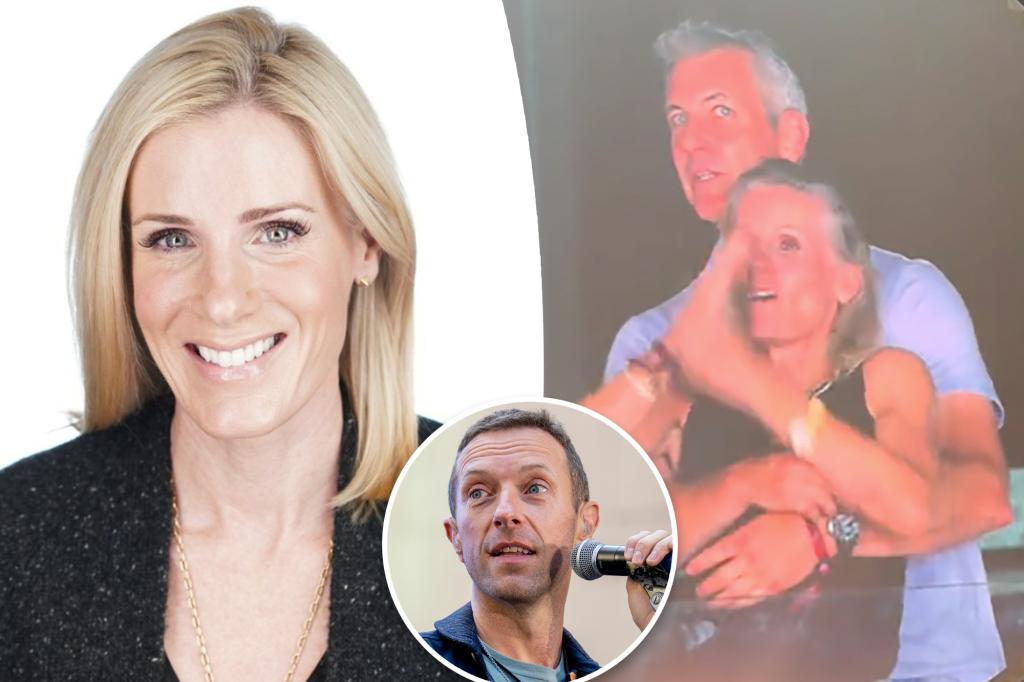T4K3.news
Andi Oliver calls for accountability
Andi Oliver speaks out about past Moyles remarks and calls for stronger safeguards in radio.
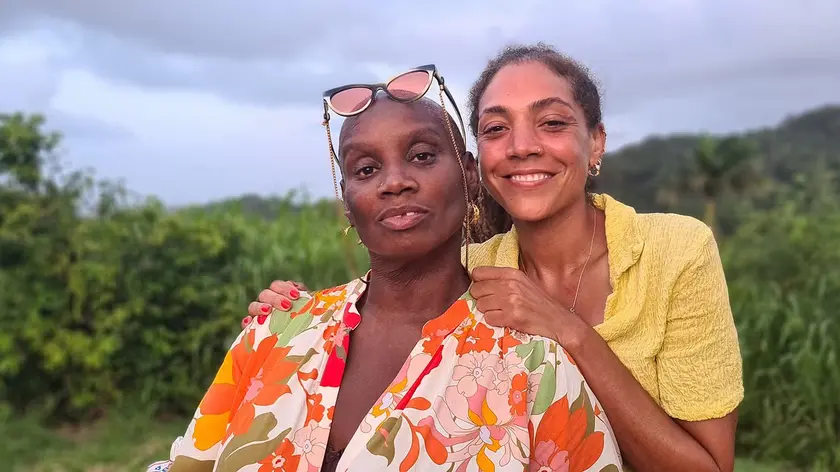
Andi Oliver revisits a harmful on air moment and argues broadcasting must be held to higher standards.
Andi Oliver demands accountability after Moyles on air remarks
Andi Oliver, now 62, says she has not forgiven Chris Moyles and would still like to kill him, decades after Moyles asked listeners on Radio 1 if they would shag her when her daughter Miquita was 16. The remark, made while Moyles was 26, sparked complaints and drew scrutiny from regulators in the years that followed. Oliver tells The i Paper that she has never confronted Moyles and believes he would backpedal if pressed. She compares his misogynistic remarks to a drunk racist and says lad culture at the time allowed such language.
The BBC has maintained that its editors follow guidelines and duty of care for audiences, contributors and employees. The incident is part of a broader pattern of controversial moments that led to complaints and regulatory reviews, including criticisms upheld by the Broadcasting Standards Commission. The piece also recalls similar episodes involving Charlotte Church, Will Young and others, underscoring a wider debate about sexism and discrimination in broadcasting history.
Key Takeaways
"Miquita was 16 and he had a phone-in on his show of: ‘Would you shag her?’"
Andi Oliver recounting the incident.
"I wanted to kill him. I still kind of do."
Andi Oliver expressing the depth of her anger.
"Like all parts of the organisation we adhere to the BBC’s Editorial Guidelines and take our duty of care for our audience, contributors and employees very seriously."
BBC response to the complaints.
"We’ve come a certain way but there’s a long way to go in terms of feminism and equality"
Charlotte Church reflecting on progress and continuing struggle.
The episode shines a light on how casual misogyny lived on air for years and how audiences paid the price in silence. It raises questions about how much progress has actually been made in protecting young talent and setting boundaries in live radio. The case also tests the public’s appetite for accountability when past conduct is decades old but still impacts victims. Regulators and broadcasters face pressure to show clear, consistent standards rather than relying on apologies that come late in the game.
While some reforms have followed, the story suggests change is uneven. It hints at a future where tone policing and accountability evolve in tandem with shifting public expectations, and where the industry must prove it can support young performers without normalizing harmful jokes or harassment.
Highlights
- Not all jokes are free passes for harm
- Accountability is owed to victims
- Lad culture did not excuse abuse of young women
- This is not just a moment it is a test for broadcasters
Potential backlash and policy review
The piece revisits a controversial past on-air remark that reopens debates about safety, accountability, and the duty of care in radio. It could provoke renewed criticism towards Moyles and the BBC, and invite wider scrutiny of industry practices.
The industry is under renewed scrutiny to prove that safety and respect come first.
Enjoyed this? Let your friends know!
Related News
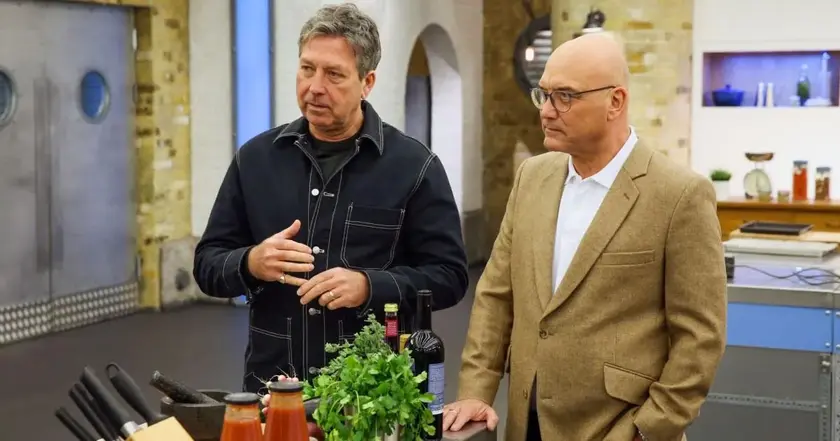
New hosts for MasterChef announced
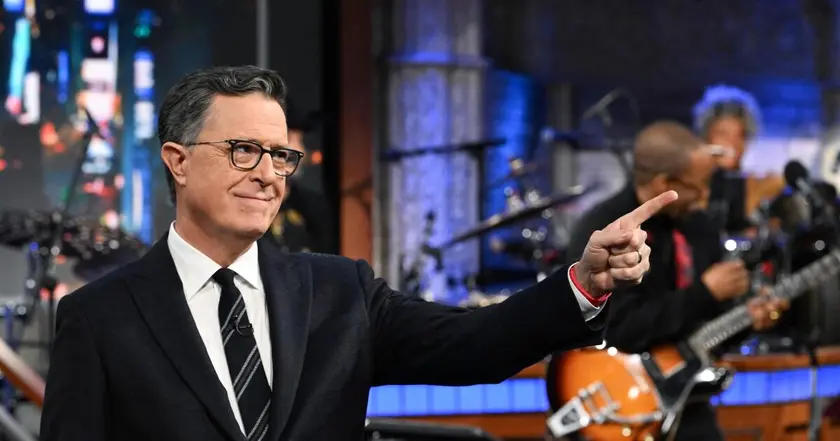
Stephen Colbert fiercely responds to Trump
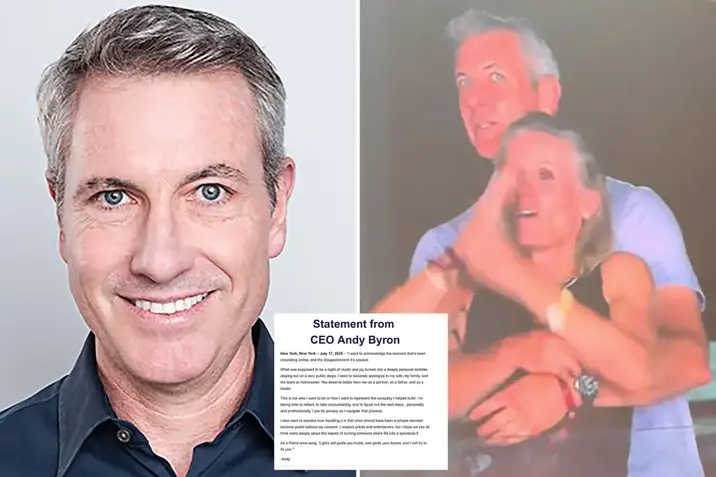
Astronomer refutes fake apology from CEO
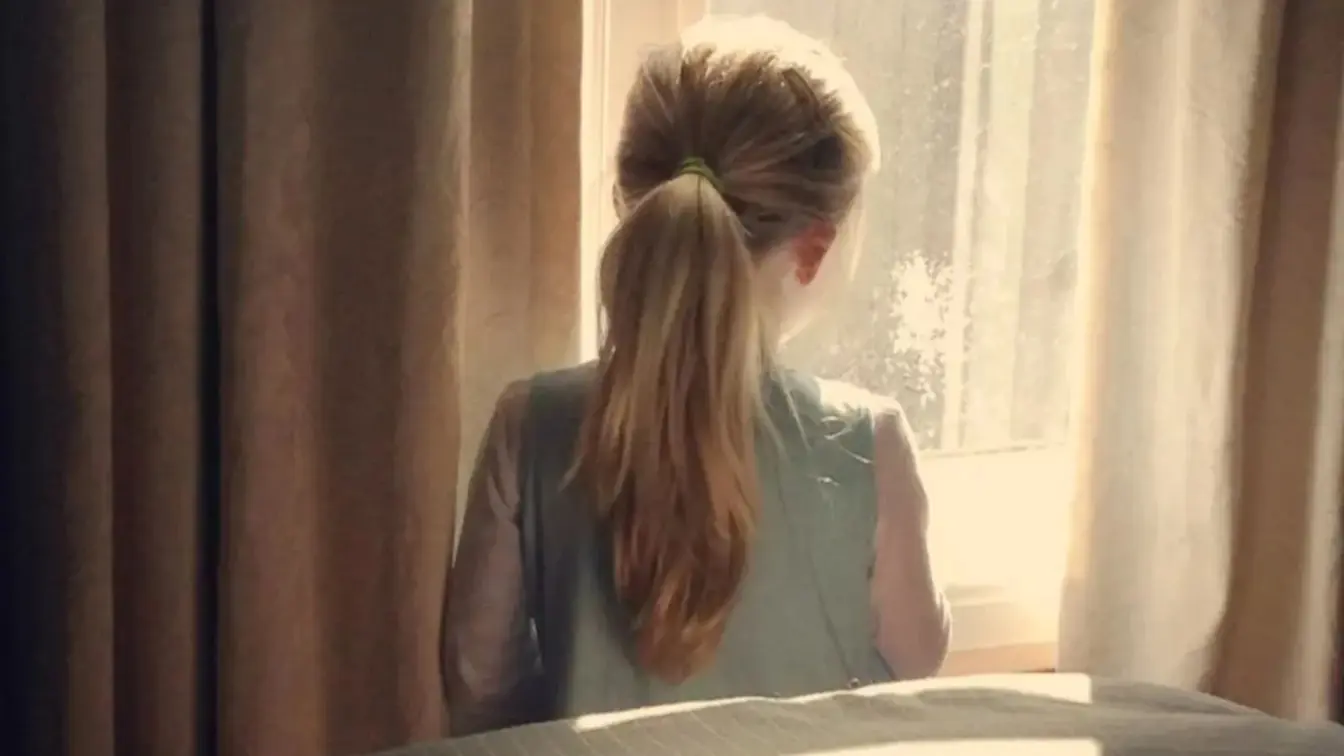
Jessyca Mullenberg tells her story of survival

Bethenny Frankel Critiques Andy Byron Over Coldplay Concert Behavior
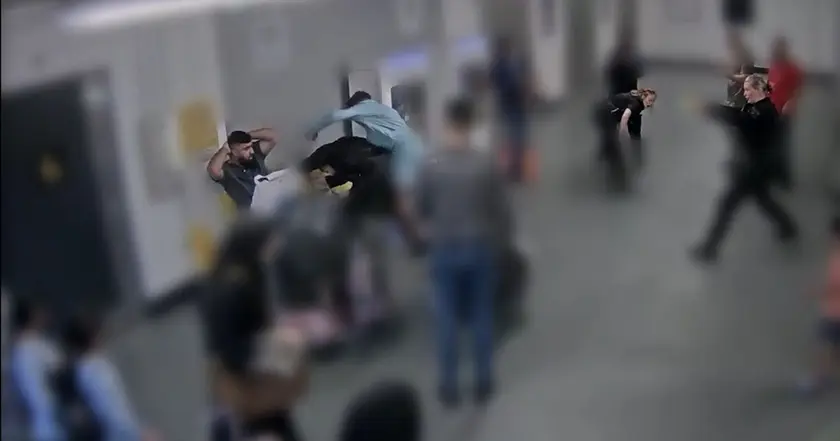
Investigation underway for GMP officer over leaked footage
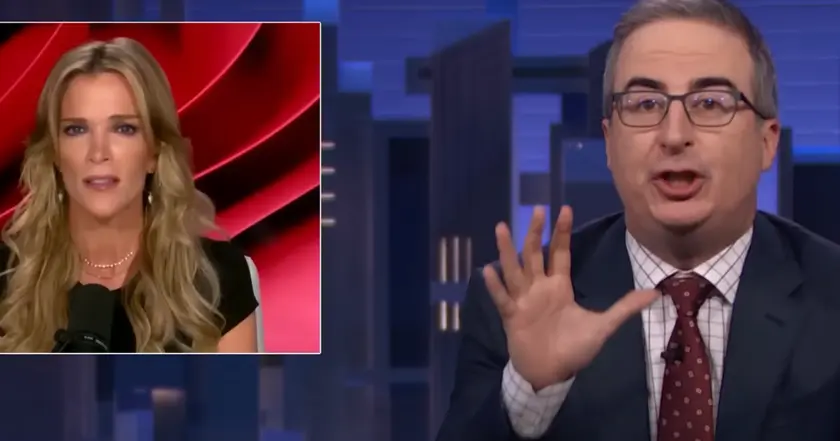
John Oliver criticizes conservative figures over Gaza comments
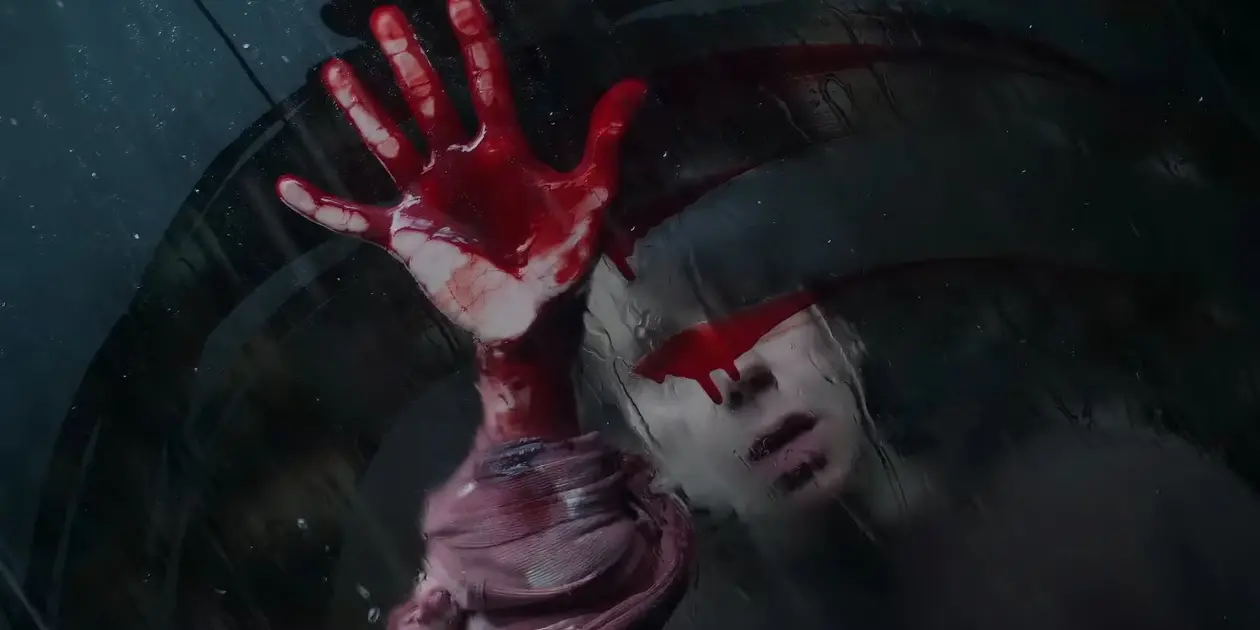
Bring Her Back Explores Grief Through Horror
